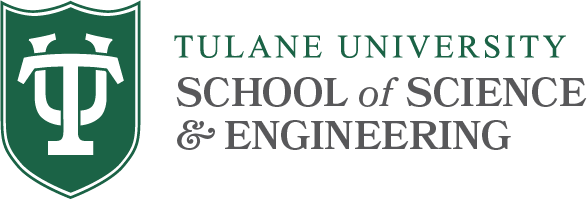Do the Machine Learning Models on a Crowd Sourced Platform Exhibit Bias? An Empirical Study on Model Fairness
By: Sumon Biswas and Hridesh Rajan
Abstract
Machine learning models are increasingly being used in important decision-making software such as approving bank loans, recommending criminal sentencing, hiring employees, and so on. It is important to ensure the fairness of these models so that no discrimination is made based on protected attribute (e.g., race, sex, age) while decision making. Algorithms have been developed to measure unfairness and mitigate them to a certain extent. In this paper, we have focused on the empirical evaluation of fairness and mitigations on real-world machine learning models. We have created a benchmark of 40 top-rated models from Kaggle used for 5 different tasks, and then using a comprehensive set of fairness metrics, evaluated their fairness. Then, we have applied 7 mitigation techniques on these models and analyzed the fairness, mitigation results, and impacts on performance. We have found that some model optimization techniques result in inducing unfairness in the models. On the other hand, although there are some fairness control mechanisms in machine learning libraries, they are not documented. The mitigation algorithm also exhibit common patterns such as mitigation in the post-processing is often costly (in terms of performance) and mitigation in the pre-processing stage is preferred in most cases. We have also presented different trade-off choices of fairness mitigation decisions. Our study suggests future research directions to reduce the gap between theoretical fairness aware algorithms and the software engineering methods to leverage them in practice.
ACM Reference
Biswas, S. and Rajan, H. 2020. Do the Machine Learning Models on a Crowd Sourced Platform Exhibit Bias? An Empirical Study on Model Fairness. ESEC/FSE’2020: The 28th ACM Joint European Software Engineering Conference and Symposium on the Foundations of Software Engineering (Nov. 2020).
BibTeX Reference
@inproceedings{biswas20machine,
author = {Sumon Biswas and Hridesh Rajan},
title = {Do the Machine Learning Models on a Crowd Sourced Platform Exhibit Bias? An Empirical Study on Model Fairness},
booktitle = {ESEC/FSE'2020: The 28th ACM Joint European Software Engineering Conference and Symposium on the Foundations of Software Engineering},
location = {Sacramento, California, United States},
month = {November 8-November 13, 2020},
year = {2020},
entrysubtype = {conference},
abstract = {
Machine learning models are increasingly being used in important
decision-making software such as approving bank loans, recommending
criminal sentencing, hiring employees, and so on. It is important to
ensure the fairness of these models so that no discrimination is made
based on protected attribute (e.g., race, sex, age) while decision making.
Algorithms have been developed to measure unfairness and mitigate them to
a certain extent. In this paper, we have focused on the empirical
evaluation of fairness and mitigations on real-world machine learning
models. We have created a benchmark of 40 top-rated models from Kaggle
used for 5 different tasks, and then using a comprehensive set of fairness
metrics, evaluated their fairness. Then, we have applied 7 mitigation
techniques on these models and analyzed the fairness, mitigation results,
and impacts on performance. We have found that some model optimization
techniques result in inducing unfairness in the models. On the other hand,
although there are some fairness control mechanisms in machine learning
libraries, they are not documented. The mitigation algorithm also exhibit
common patterns such as mitigation in the post-processing is often costly
(in terms of performance) and mitigation in the pre-processing stage is
preferred in most cases. We have also presented different trade-off
choices of fairness mitigation decisions. Our study suggests future
research directions to reduce the gap between theoretical fairness aware
algorithms and the software engineering methods to leverage them in practice.
}
}
